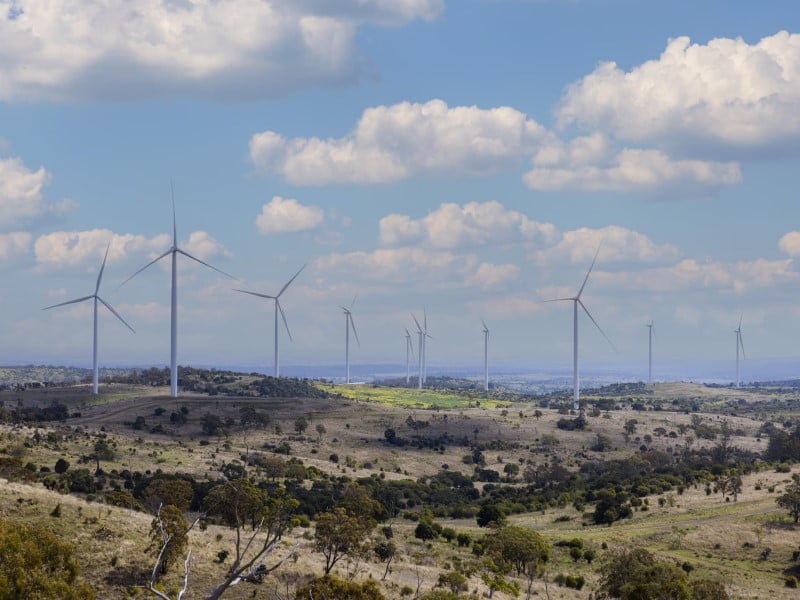The Queensland government has unveiled the bare bones of a renewed industrial strategy that targets growth industries critical to global decarbonisation, heavily focused on the state’s traditional industry strengths.
The state has identified six targets in its Queensland New Industry Development Strategy as part of a regional-focused plan that would both drive new business development, as well as help existing industries decarbonise.
Queensland will have plenty of competition from other Australian states, with the six target areas of interest to governments all over the country. The six areas are:
- Renewable energy manufacturing and infrastructure
- Critical minerals processing, manufacturing and product development
- Battery industry development
- Green hydrogen
- The circular economy, including resource recovery
- The bioeconomy, including biofuels and sustainable aviation fuel

Referring to a paper produced by Accenture earlier this year, the strategy said developing Queensland’s batteries industry could generate up to $1.3 billion in economic activity and more than 9,000 jobs by 2030.
The government had already committed to ensuring that publicly-owned energy businesses to investing in battery projects across the state that maximise local content for large-scale and community batteries.
It is also working with the federal government to invest up to $100 million establishing an Australian Made Battery Precinct in Queensland, which would bring together the expertise of industry and research institutions to commercialise battery technologies.
Queensland Deputy Premier Steven Miles said there was an immediate opportunity to expand the state’s footprint in high value supply chains covering energy transition.
“We are positioned strongly to leverage our unique strengths, including a wealth of natural resources; world-class ports; skilled workforce; and long-standing trading partnerships,” Mr Miles said.
“With this New Industry Development Strategy, we are taking the next steps to strengthen Queensland’s capabilities to manufacture the equipment needed to make the shift to decarbonisation and build whole new industries to support that transition.
“Our regions are uniquely set up to support this shift to new, high-value industries and we will work with industry, universities and our Queensland communities to ensure we take advantage of every opportunity.”
The strategy says the accelerated global demand for renewable hydrogen was such that Queensland modelling suggests the state’s hydrogen industry could be $19 billion larger by 2040, creating 4,350 new direct jobs.
You can read the full New Industry Development Strategy here.
Do you know more? Contact James Riley via Email.

